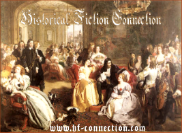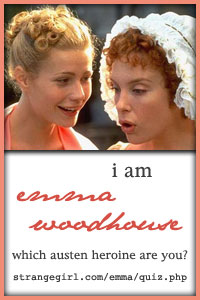The battle was mainly a hand-to-hand encounter(which was typical of the times), with the Stanley family (who had promised Tudor that they would desert Richard) keeping away from the fight until, at a critical moment when it was obvious which way the victory was headed, they joined Tudor. Richard, realizing that he was betrayed, cried out, "Treason,
 treason!" He knew he'd either leave as the King of England or dead and refused to leave the field until, overpowered by numbers, he fell dead in the middle of his enemies. He came very close to dispatching with his enemy, Henry Tudor, killing his standard barer, William Brandon (the father of Henry VIII's close friend, Charles Brandon). The crown was picked up on the field of battle and placed by Sir William Stanley on the head of Tudor, who was at once proclaimed king by the whole army. After the battle Richard's body was carried to Leicester, trussed across a horse's back, and buried without honor in the church of the Greyfriars.
treason!" He knew he'd either leave as the King of England or dead and refused to leave the field until, overpowered by numbers, he fell dead in the middle of his enemies. He came very close to dispatching with his enemy, Henry Tudor, killing his standard barer, William Brandon (the father of Henry VIII's close friend, Charles Brandon). The crown was picked up on the field of battle and placed by Sir William Stanley on the head of Tudor, who was at once proclaimed king by the whole army. After the battle Richard's body was carried to Leicester, trussed across a horse's back, and buried without honor in the church of the Greyfriars.Richard was not the villain that his enemies made him out to appear. He had good qualities, both as a man and a ruler, and seemed to have a sound judgment of political needs (he had been able to keep the North of England in peace for his brother). However, it is impossible to clear him of the crime, the popular belief that was mostly likely the chief cause of his ruin - the death of his nephews, Edward V and Richard, Duke of York, in the Tower of London. He was not a monster but a typical man in an age of strange contradictions of character, an age of refined (for the day) culture mixed with horrible cruelty, and he possessed an emotional temper that was capable of anything (he was a Plantagenet after all). Tradition represents Richard as deformed but this has never been proven. After his defeat at Bosworth, Tudor and his supporters needed to solidify his claim to the throne and what better way to do that than to make the English people think that the King he replaced was a deformed, evil monster who killed his own nephews? No one did more to cement that belief than William Shakespeare with his play Richard III (who was undoubtedly writing to please the Tudors). They were hugely successful in their endeavors and, unfortunately, this view of Richard stuck until probably the 20th century when scholars really began to study him.























I also find Richard fascinating, debate about whether he did or didn't murder the princes aside, his post Tudor reputation is a study in in the power of spin. A fascinating and complex figure of now mythic proportions.
ReplyDeleteEnjoy the at home mum time, I did.